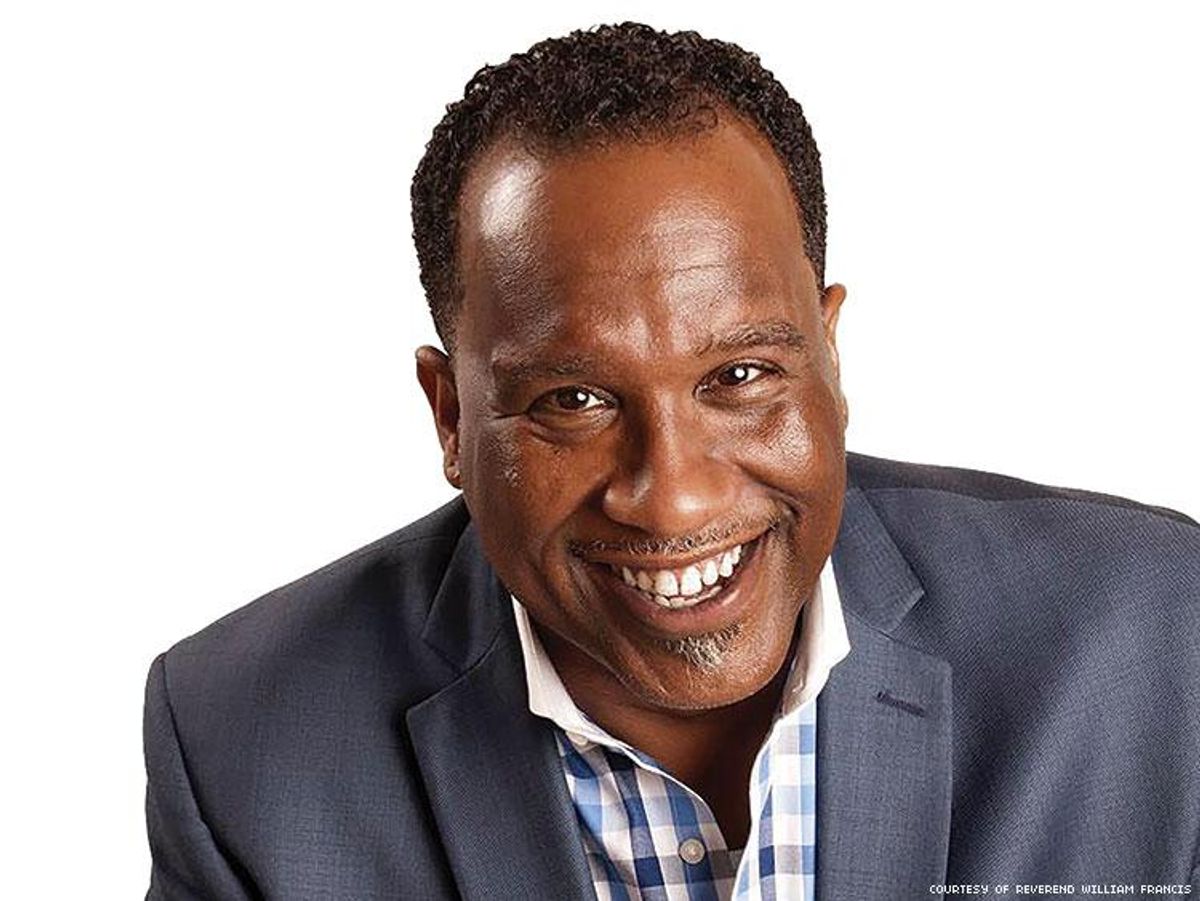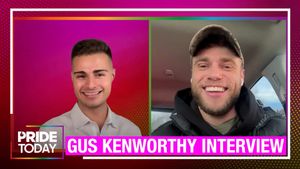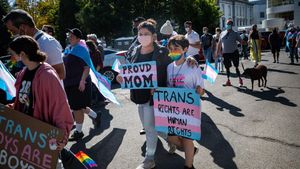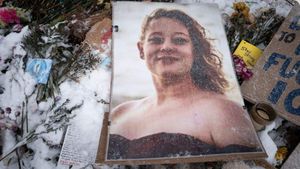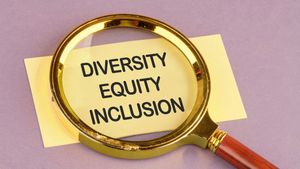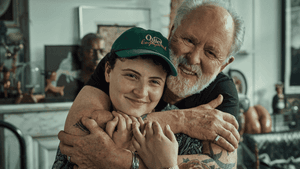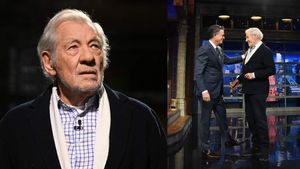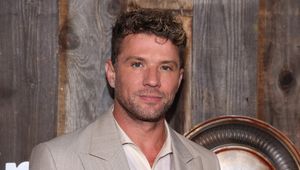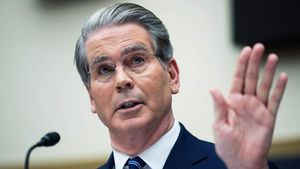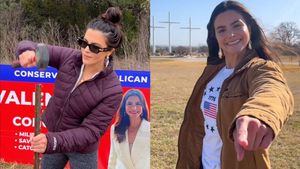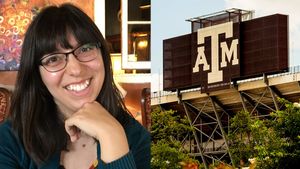An initiative called The Black Church & HIV is offering church leaders a new strategy on how to handle the disproportionate number of HIV cases in the black community: turning the conversation into a social justice issue.
The Black Church & HIV — a partnership between the National Association for the Advancement of Colored People (NAACP), Gilead Sciences, and the Clinton Global Initiative — recently updated The Pastoral Brief and Activity Manual (both previously published in 2012) aiming to inspire church leaders to preach about HIV by giving detailed information on the virus as well as specific recommendations on activities to combatstigma.
“The church is a staple of the black community. It’s always been a cornerstone,” Reverend William Francis (pictured above), an ambassador for the initiative, tells Plus. “One thing we wanted to do was to engage faith leaders to preach from the pulpit messages that would reduce stigma and discrimination, and reduce the fear of being tested and [accessing] care. Then we wanted to get them involved in testing, we wanted to get them involved in linkage.”
In 2015, African-Americans accounted for 45 percent of
HIV diagnoses despite blacks only accounting for 12 percent of the United States population, according to the Centers for Disease Control and Prevention. More than half of African-Americans diagnosed with HIV were gay or bisexual men — 38 percent of whom were between the ages 13 and 24.
Still, despite efforts to manage the disproportionate rates of HIV in the black community, many black leaders continue to assess the virus as a gay issue. According to Francis, if we truly want to destigmatize the virus and help reduce cases of HIV, it needs to start on the pulpit.
“I am a pastor, so I know just speaking with colleagues [that] HIV was looked at as a gay disease, or a moral issue, or as some kind of punishment from God; and that made theology very difficult for several pastors,” Francis explains. “But using the social justice framework, it takes all of that off the table and makes you focus on humanity. And once you start focusing on humanity, then we can go ahead and get to work to reduce HIV.”
The Black Church & HIV’s resources offer current statistics and positions on HIV, as well as first-hand stories of how church leaders can preach about the virus being a social justice issue. Since launching the program in 2013, Francis and his colleagues have traveled to nearly 30 cities, speaking with church and community leaders to better understand how they can work together.
“Every church is not going to do testing and condom distribution, but we can do testing at your homeless event with a partnership — say, with a community-based organization or board of health. That reduces HIV, creating safe spaces for those who may have already been diagnosed with HIV, or those newly diagnosed with HIV,” Francis explains. “It creates that sanctuary where they can come for prayer, for support, spiritual care, [and] counseling.”
Perhaps one of the greatest benefits of turning HIV into a social justice issue, says Francis, is that it brings us all to the roots of the problem: poverty and a lack of access to care. “Social justice means for all and not for some,” he says.
After coming out as HIV-positive to members of his church, Francis says many in his congregation turned their backs on him. Admittedly, such experiences drive his passion for creating a wider conversation.
“Fast forward eight years later,” Francis says, “and I’m now pastor in the church and doing a lot within the community, providing help and healing across all of the things that I learned, getting involved in this initiative — doing things in housing, doing things in the public health sector, doing things, you know, to alleviate poverty.” Francis asks and answers the age-old question: “What can one person do? We have to be the change we want to see. So if [change] is not going to [come from church leaders], we have to remember that we are the church and the power of one is great.”
To learn more about the initiative, visit TheBlackChurchAndHIV.org.
